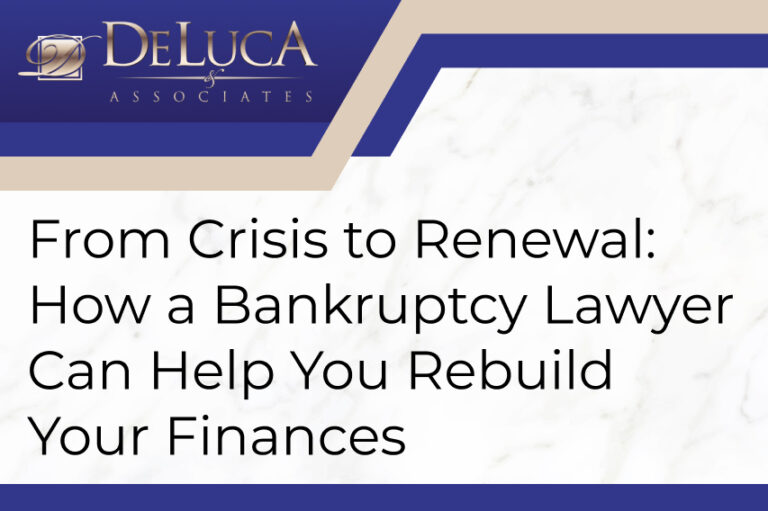Chapter 13 Bankruptcy In Nevada
Chapter 13 bankruptcy is a type of bankruptcy for Nevada consumers who have enough income to pay off some of their debts over a period of time. Unlike Chapter 7, you won’t be able to cancel all your debts, but you also won’t lose your property.
This form of bankruptcy is best for those who have serious debt problems but think they can manage to pay some of it off. It requires a certain amount of income and requires that your debts not exceed a certain level. It also comes with a structure payment plan.
In order to qualify, you must have a steady monthly income that is great enough to pay back your debts, some of them in full. Your income can come from wages, pensions, Social Security benefits and a number of other sources, and certain expenses will be deducted. If you don’t make enough, you may only qualify for Chapter 7.
The same will be true if your secured debts exceed $1,010,650 or your unsecured debts are greater than $336,900. A secured debt is a debt for which you’ve put up collateral, such as a house or a car, that the creditor can take if you don’t make payments. Unsecured debts, which include credit card and hospital bills, give the creditor no such recourse. Secured creditors also rank higher in the food chain when it comes to whom you must pay back.
There are hoops you’ll have to jump through before you can file. For one, you’ll have to sit down with a credit counseling agency and determine all your options, including bankruptcy.
Chapter 13 bankruptcy comes with a long-term payment plan that you must follow. You’ll have to repay some debts in full, including back alimony and child support, taxes and wages. And you’ll have to make full payments on secured debts if you want to keep the collateral; this includes your home mortgage and your car loan. How much you repay to unsecured creditors depends on what you earn, what you own and the details of your payment plan – you may even escape some of these debts entirely, though any disposable income will go to them.
The length of Chapter 13 payment plans vary depending on income. The greater your income, the longer the plan must be. If you earn more than the state’s median monthly income, your plan will last five years. If you earn less, a three-year plan is possible.
Most significantly, Chapter 13 allows you to keep all your property. Under Chapter 7, by contrast, you must surrender your “non-exempt” property as a way to pay your creditors as much of what you owe as possible. A Chapter 13 plan, on the other hand, requires you to pay your creditors at least as much as your non-exempt property would be worth in a Chapter 7 bankruptcy.
Before deciding whether to file for Chapter 13, explore your financial options. And talk to a Nevada bankruptcy attorney. An attorney will know both the federal bankruptcy system and the special state rules in Nevada. Many companies that purport to provide debt solutions are scams, but a qualified Nevada bankruptcy attorney can help you navigate the chaos of your financial problems.





